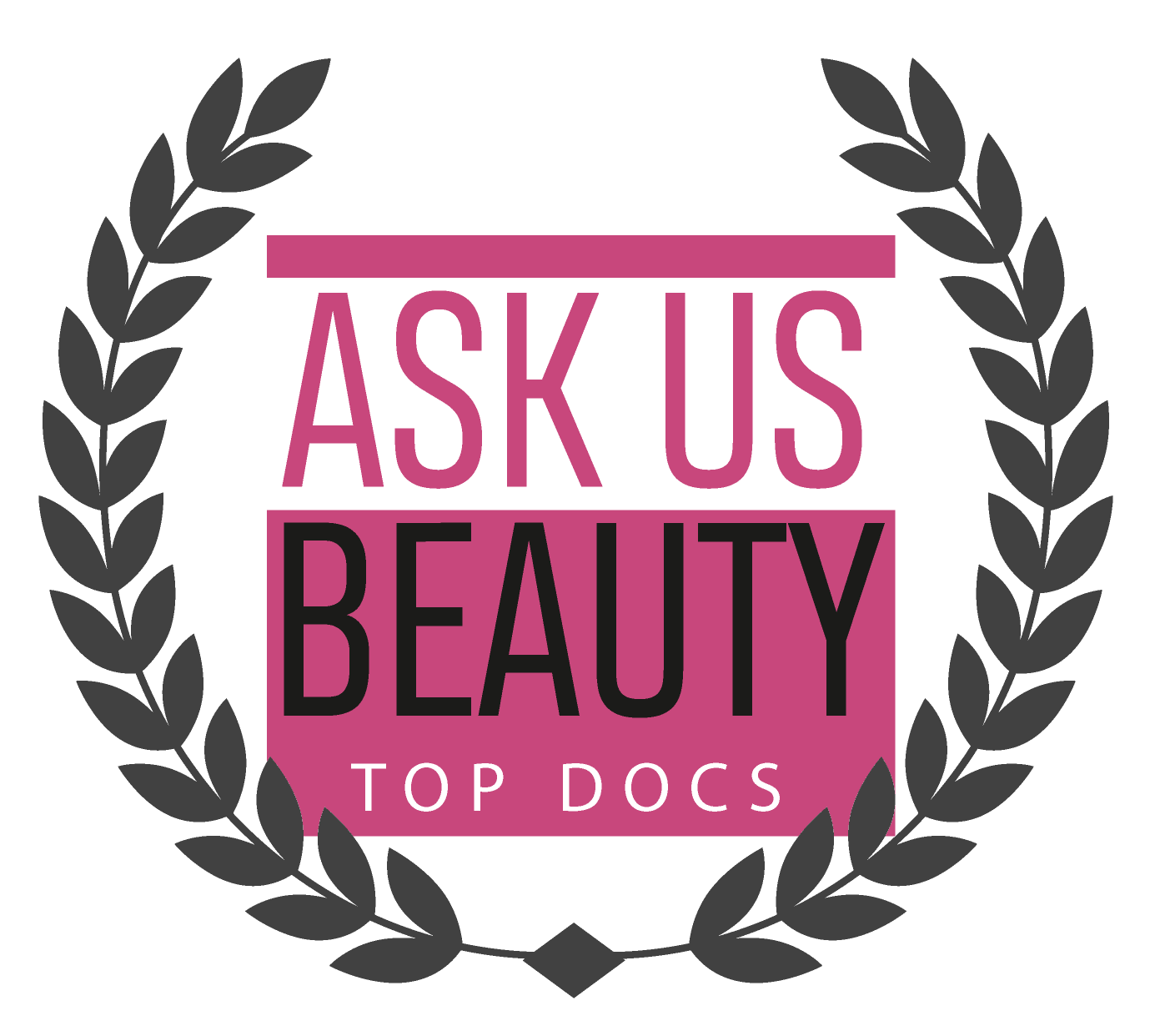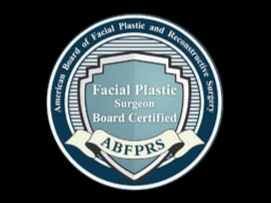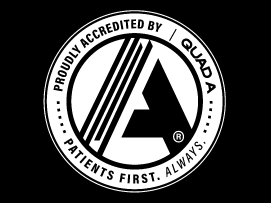Am I Too Young (or Too Old) for a Facelift? Age Guidelines from a Facial Plastic Surgeon
One of the most common questions I hear in my Brentwood practice is, "Am I too young for a facelift?" followed closely by "Am I too old?" The truth is, there's no magic number that determines the perfect facelift age. As a fellowship-trained facial plastic surgeon, I've performed deep plane facelifts on patients ranging from 40s to 70s – and the decision is always more about your individual needs than the number on your driver's license.
There's No "Perfect" Facelift Age
When patients ask me about timing, I always tell them the same thing: your face doesn't read a calendar. Some people in their 50s look like they're in their 40s, while others might show significant aging in their early 40s. Genetics, sun exposure, lifestyle choices, and even the Tennessee humidity all play a role in how quickly our faces age.
What matters most isn't your chronological age – it's the degree of aging you're experiencing and how it affects your confidence and quality of life. I've had patients tell me they avoid photos with their grandchildren or feel self-conscious in professional settings because of sagging skin. Those are real concerns that don't have age limits.
The key is understanding what a facelift can and can't do at different life stages, and knowing when the timing is right for you personally.
The 40s: When Prevention Meets Intervention
What's Happening to Your Face
In your 40s, you're typically seeing the early signs of facial aging – maybe some jowling along the jawline, the beginning of neck laxity, or deeper nasolabial folds. Your skin is still relatively thick and elastic, which actually works in your favor for surgical outcomes.
Why Some 40-Somethings Consider Facelifts
I see a lot of patients in their 40s who are dealing with premature aging due to genetics, significant weight loss, or sun damage from their younger years. Nashville's active outdoor lifestyle means many of my patients have spent decades in the sun, which can accelerate facial aging.
The "Too Young" Question
Some people worry that having a facelift in their 40s means they'll need another one "too soon." Here's the reality: if you're bothered by significant sagging now, it's only going to get worse. A deep plane facelift in your 40s can actually give you 10-15 years of looking refreshed and natural.
Alternatives to Consider First
Before recommending surgery to younger patients, I always discuss non-surgical options. Sometimes a combination of treatments – like
neurotoxins,
dermal fillers, or
skin resurfacing – can address your concerns without surgery. But when there's true tissue laxity and sagging, these treatments can only do so much.
The 50s: The Sweet Spot for Many Patients
Why the 50s Are Popular for Facelifts
This is probably the most common age range for my facelift patients, and for good reason. By your 50s, you're typically seeing moderate to significant facial aging – the kind that really benefits from surgical intervention. Your skin still has good healing capacity, and you're often at a stable point in your career and family life.
What to Expect at This Age
Patients in their 50s usually have more realistic expectations about results. They're not trying to look 25 again; they want to look like a refreshed, well-rested version of themselves. This mindset leads to beautiful, natural-looking results that enhance rather than change their fundamental appearance.
The Nashville Professional Advantage
Many of my 50-something patients are established professionals in the Nashville area who want to maintain a competitive edge in their careers. A facelift can help them feel more confident in client meetings, presentations, or networking events – and the recovery time fits well with their ability to take time off.
Combining Procedures
The 50s are also a great time to address multiple areas of aging at once. I often combine facelifts with
neck lifts,
eyelid surgery, or
brow lifts to create comprehensive facial rejuvenation. The recovery time is the same whether you do one procedure or several, so it makes sense to address everything together.
The 60s and Beyond: It's Never Too Late
Debunking the "Too Old" Myth
I've had patients in their 70s ask if they're too old for a facelift, and my answer is always the same: if you're healthy enough for surgery, age is just a number. Some of my most dramatic and satisfying results have been on patients in their 60s and 70s.
Health Considerations
At this age, the most important factor isn't your chronological age – it's your overall health. I work closely with your primary care physician and sometimes a cardiologist to make sure you're a good surgical candidate. Many of my older patients are healthier than people half their age.
Realistic Expectations
Patients in their 60s and beyond often have the most realistic expectations, which leads to the highest satisfaction rates. They understand that a facelift won't make them look 30, but they're thrilled to look like a well-rested, refreshed version of themselves.
The Joy Factor
There's something especially rewarding about helping patients who thought they'd "missed their window" for cosmetic surgery. I've had patients tell me their facelift gave them a new lease on life, renewed confidence, and the motivation to pursue activities they'd been putting off.
Individual Factors That Matter More Than Age
Your Skin Quality
Thick, elastic skin responds better to facelift surgery regardless of age. Thin, sun-damaged skin can still benefit from surgery, but the approach and expectations might be different. During your consultation, I'll assess your skin quality and discuss how it affects your potential results.
Bone Structure
Good underlying bone structure creates a foundation for long-lasting facelift results. If you have strong cheekbones and a defined jawline, these features will help maintain your results over time.
Lifestyle Factors
Non-smokers heal better and maintain results longer. Patients who protect their skin from the sun and maintain a stable weight also tend to have better, longer-lasting outcomes.
Your Goals and Expectations
The most important factor is what you want to achieve. Are you looking for subtle refreshment or dramatic transformation? Do you want to address specific problem areas or overall facial aging? Your goals help determine the best timing and approach.
When Timing Isn't Right
Too Much, Too Soon
Sometimes patients come to me wanting a facelift when their aging could be better addressed with less invasive treatments. If you can achieve your goals with neurotoxins, fillers, or skin treatments, I'll recommend starting there.
Life Circumstances
Surgery requires recovery time and support. If you're dealing with major life stresses, caring for aging parents, or have young children at home, it might not be the ideal time regardless of your age.
Unrealistic Expectations
Age sometimes comes with wisdom, but not always. Patients who expect to look decades younger or want to look like someone else entirely aren't good candidates regardless of their age.
The Deep Plane Difference at Any Age
Why Technique Matters
As someone trained in the advanced deep plane facelift technique, I can achieve more natural, longer-lasting results for patients of any age. This technique addresses the deeper layers of facial tissue, creating results that move naturally with your expressions and age gracefully over time.
Natural Results Across Age Groups
Whether you're 45 or 65, my goal is the same: to help you look like the best, most refreshed version of yourself. The deep plane technique allows me to reposition tissues naturally rather than just pulling skin tight, which is especially important for creating age-appropriate results.
Longevity Benefits
Deep plane facelifts typically last 10-15 years regardless of when you have them done. This means a 50-year-old can enjoy results well into their 60s, while a 65-year-old can look refreshed into their 80s.
Age-Specific Considerations for Tennessee Patients
Climate and Lifestyle
Living in Tennessee means dealing with humidity, sun exposure, and an active outdoor lifestyle that can affect both aging and recovery. I factor these considerations into surgical planning for patients of all ages.
Professional and Social Factors
Nashville's vibrant professional and social scene means people of all ages want to look and feel their best. Whether you're a 45-year-old music industry executive or a 70-year-old grandmother who loves to entertain, your lifestyle and goals matter more than your age.
Family Considerations
Many of my patients are motivated by family events – weddings, graduations, reunions. These milestone moments don't wait for the "perfect" age, and neither should you if you're considering a facelift.
What Your Consultation Will Reveal
Comprehensive Assessment
During your consultation, I'll assess your facial anatomy, skin quality, degree of aging, and overall health. We'll discuss your goals, timeline, and any concerns about being "too young" or "too old" for surgery.
Personalized Recommendations
Based on your individual situation, I might recommend a full facelift, mini facelift, or combination of procedures. Sometimes I'll suggest waiting and starting with non-surgical treatments, or occasionally I'll recommend proceeding sooner than you expected.
Timeline and Planning
We'll discuss the ideal timing for your surgery based on your schedule, goals, and any upcoming events. Sometimes waiting a few months makes sense; other times, there's no reason to delay.
The Bottom Line on Age and Facelifts
The best age for a facelift is when you're bothered by facial aging that can't be adequately addressed with non-surgical treatments, when you're in good health, and when you have realistic expectations about results. Whether that's at 42 or 72 depends entirely on your individual situation.
Don't let arbitrary age limits keep you from exploring your options. I've seen too many patients who waited years longer than necessary because they thought they were "too young" or assumed they were "too old." Every day you spend feeling self-conscious about your appearance is a day you could be feeling confident and refreshed instead.
Frequently Asked Questions
Will I need another facelift if I have one in my 40s?
Deep plane facelifts typically last 10-15 years, so having one in your 40s means you might consider a touch-up in your late 50s or early 60s. However, many patients find that good skincare and occasional non-surgical treatments help maintain their results even longer.
Is recovery harder for older patients?
Not necessarily. Overall health is more important than age when it comes to recovery. Proper preparation and following post-operative instructions are key regardless of age.
Can I have a facelift if I have medical conditions?
Many medical conditions don't preclude facelift surgery. I work closely with your other physicians to ensure surgery is safe. Conditions like controlled diabetes or high blood pressure usually aren't barriers to surgery.
What if I'm worried about looking "done" or unnatural?
This is a valid concern at any age. The deep plane facelift technique I use creates very natural results because it repositions the deeper facial tissues rather than just pulling skin. The goal is always to look like a refreshed version of yourself, not a different person.
How do I know if I'm ready emotionally?
Surgery is a big decision at any age. You should feel excited about the potential results rather than pressured by others or desperate to change everything about your appearance. Take time to think about your motivations and goals.
Taking the Next Step
If you're wondering whether you're the right age for a facelift, the best way to find out is through a personal consultation. Every face is different, and every patient has unique goals and concerns that can't be addressed with general guidelines.
As a fellowship-trained facial plastic surgeon specializing in deep plane facelifts, I've helped patients across all age groups achieve natural, beautiful results that enhance their confidence and quality of life. Age is just one factor in determining candidacy – and often not the most important one.
Ready to Explore Your Options?
At Guthrie Facial Plastic Surgery in Brentwood, I believe every patient deserves personalized attention and honest, expert guidance about their options. Whether you're considering your first cosmetic procedure or thinking it might be too late to start, I'm here to help you understand what's possible.
Schedule your consultation today by calling 615-880-9500. Together, we can determine if now is the right time for you to achieve the refreshed, confident appearance you desire.
Don't let age be the deciding factor – let your goals, health, and personal readiness guide your decision instead.
About the Author: Dr. Ashley Guthrie is a fellowship-trained, double board-certified facial plastic and reconstructive surgeon practicing in Brentwood, Tennessee. She specializes in deep plane facelifts and is dedicated to helping patients achieve natural, beautiful results through advanced surgical techniques and personalized care.
Disclaimer:
The information provided on this blog is for general informational purposes only and is not intended as, and should not be considered, medical advice. All information, content, and material available on this blog are for general informational purposes only. Readers are advised to consult with a qualified healthcare professional for medical advice, diagnosis, or treatment. The author and the blog disclaim any liability for the decisions you make based on the information provided. Always seek the advice of your physician or other qualified health provider with any questions you may have regarding a medical condition.






